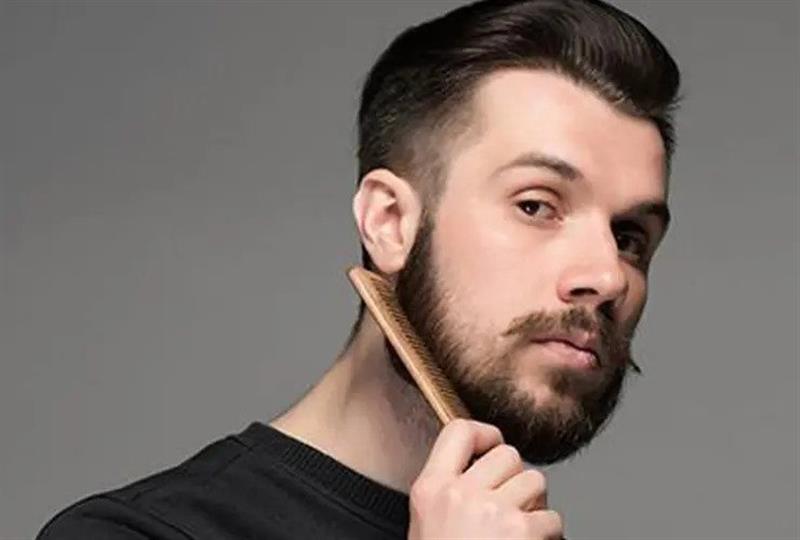Beard and mustache transplanting
1404/02/08

The loss of beard and mustache in men may be due to congenital, burn and accident, radiation therapy and chemotherapy, and sometimes diseases.
Beard and Mustache Transplantation
Facial hair — especially the beard and mustache — is a key element of male identity and aesthetics. Unfortunately, some men may experience beard or mustache loss due to congenital factors, burns, accidents, radiation therapy, chemotherapy, or certain medical conditions.
Causes of Beard and Mustache Hair Loss
Several factors can contribute to the loss of facial hair, including:
-
Congenital absence: Some men are born with little or no facial hair due to genetic factors.
-
Trauma: Burns, accidents, or surgical scars can permanently damage hair follicles.
-
Medical treatments: Radiation therapy and chemotherapy often lead to temporary or permanent hair loss.
-
Skin diseases: Conditions such as alopecia areata (coin-shaped baldness) may cause patchy facial hair loss.
It is important to note that for cases like alopecia areata, where hair loss occurs in localized patches, beard transplantation is generally not recommended. These conditions should be treated medically rather than surgically, as the underlying disease may continue to affect the transplanted area.
How Beard and Mustache Transplantation Works
The technique used for beard and mustache transplantation is very similar to that of eyebrow transplantation. The procedure typically involves:
-
Extracting healthy hair follicles from the donor area (usually the back of the scalp)
-
Carefully implanting them into the beard or mustache area, following the natural direction and angle of hair growth
-
Ensuring proper density and natural appearance by placing the grafts meticulously
If performed according to international medical standards, the results are highly natural, with restored density and even growth.
Benefits of Beard and Mustache Transplantation
-
Restoration of facial symmetry and aesthetics
-
Permanent and natural-looking results
-
Minimal downtime and quick recovery
-
Boost in self-confidence and personal satisfaction
Consultation and Candidacy
Before proceeding with a beard or mustache transplant, a thorough consultation is essential. A specialist will assess the cause of hair loss, evaluate the quality of the donor hair, and design a customized treatment plan to achieve the best possible outcome.
If you are considering beard or mustache transplantation, it is important to choose an experienced clinic and a qualified surgeon to ensure the highest standards of care and optimal results.


User-Comments